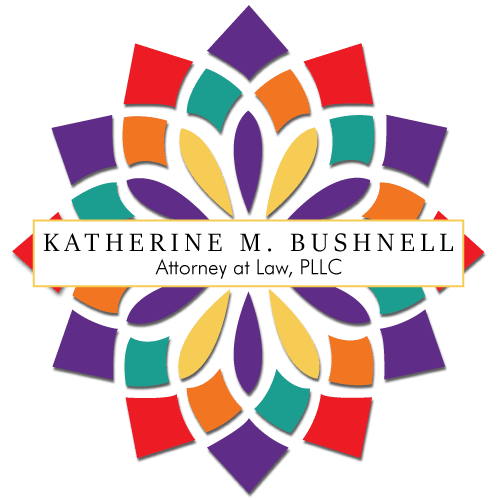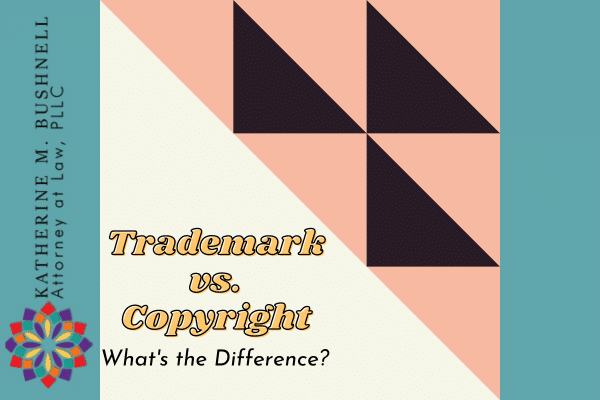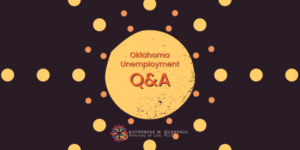Trademark vs. Copyright What’s the Difference? You’ve likely heard these terms, but what do these terms actually mean. How do they differ from one another? In this post, we’ll break down the basics of trademarks and copyrights and help you understand which type of protection is right for you.
Let’s start with the basics. Trademarks and copyrights are both types of legal protection that can help safeguard your intellectual property. This can include things like logos, brand names, and creative works like books and music. While they may seem similar at first glance, there are some key differences between these two types of protection.
What is a Trademark?
A trademark is a type of legal protection that covers things like brand names, logos, and slogans. A trademark is used to identify and distinguish the goods or services of one company from those of another. For example, Nike’s swoosh logo is a trademark that identifies their brand of athletic shoes.
To obtain trademark protection, a mark must be distinctive and used in commerce. This means that it must be unique enough to identify a specific brand or company, and must be used in connection with the sale or advertising of goods or services. Trademarks can be registered with the U.S. Patent and Trademark Office, which provides additional legal protection and benefits. Once registered, trademarks can be licensed or sold to others.
What is Copyright?
Copyright is a type of legal protection that covers original works of authorship, including literary, artistic, musical, and other creative works. This can include things like books, photographs, paintings, and songs. Copyright gives the creator of a work the exclusive right to use and distribute that work, and also allows them to license or sell those rights to others.
To obtain copyright protection, a work must be original and fixed in a tangible form. This means that it must be in a physical or digital format that can be seen, heard, or touched. Copyright protection is automatic once a work is created and does not require registration. However, registering your work with the U.S. Copyright Office can provide additional benefits, such as the ability to sue for infringement.
Copyright vs. Trademark
Here are some of the key differences between the copyrights and trademarks:
- Copyright protection is automatic and does not require registration, while trademark protection requires registration with the U.S. Patent and Trademark Office.
- Copyright protection lasts for the life of the author plus a set number of years, while trademark protection can last indefinitely as long as the mark is in use.
- Copyright protection covers original works of authorship, while trademark protection covers brand identities such as names, logos, and slogans.
In some cases, a work may be protected by both copyright and trademark. For example, a logo may be protected by trademark as a brand identity, while also being protected by copyright as a creative work of art.
Is it Better to Have a Copyright or Trademark?
Whether you need copyright or trademark protection depends on the type of intellectual property you’re trying to protect. Here are some factors to consider when deciding which type of protection is right for you:
- If you’re a creative professional, you’ll likely need copyright protection to safeguard your creative works.
- If you’re a business owner, you’ll likely need trademark protection to protect your brand identity and prevent others from using your name, logo, or slogans.
- If you have a product that you’re trying to protect, you may need both copyright and trademark protection to cover both the creative work and the brand identity.
Your Next Steps
In conclusion, trademarks and copyrights are both important tools for protecting intellectual property, but they serve different purposes. It’s important to understand the differences between these two protections and to use them correctly to fully protect your rights as a creator or business owner.
If you need assistance with protecting your intellectual property or other legal matters related to your business, feel free to schedule a meeting with us. We’re here to help you navigate the legal landscape and protect your rights as a creator or business owner.


